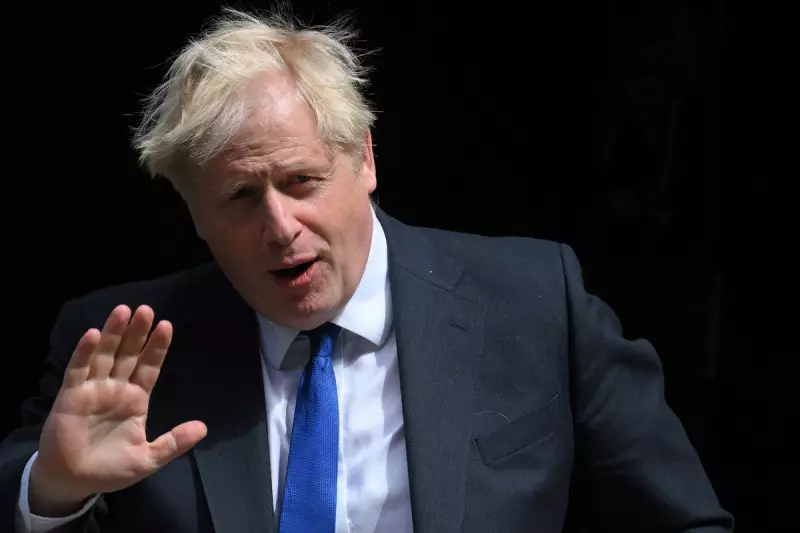
In a stunning political reversal that has left Brexit supporters reeling, official figures have exposed a dramatic surge in immigration under Boris Johnson's government—directly contradicting one of the fundamental promises of the Leave campaign.
The numbers tell a compelling story: net migration has reached levels that dwarf even pre-Brexit records, creating what critics are calling the ultimate political irony. The very politicians who campaigned on reducing numbers have overseen their most dramatic increase.
The Great Brexit Paradox
When the UK voted to leave the European Union in 2016, controlling borders stood as a central pillar of the argument. Yet the reality unfolding today presents a starkly different picture. The Conservative government's own policies have created pathways for immigration that have surprised even veteran political observers.
This isn't just a minor statistical fluctuation. We're witnessing numbers that fundamentally challenge the narrative sold to the British public during those heated referendum debates.
How Did We Get Here?
The explanation lies in a series of deliberate policy choices:
- Post-Brexit visa systems that actively encourage skilled worker migration
- Humanitarian corridors for refugees from conflict zones including Ukraine and Hong Kong
- Student visa expansions that have made UK universities more accessible to international applicants
- Economic necessities that forced the government to address labour shortages across critical sectors
Each of these decisions, while arguably necessary in isolation, has collectively created a migration landscape that bears little resemblance to what was promised.
The Political Fallout
The implications for the Conservative Party are profound. Traditional supporters feel betrayed, while opposition parties seize on the hypocrisy. Nigel Farage and other Brexit architects have become vocal critics of the very government that emerged from their movement.
This creates an existential crisis for the Tories, caught between economic realities and political promises. The government attempts to walk a tightrope—acknowledging the numbers while insisting they're temporary—but voters appear increasingly sceptical.
What Comes Next?
With a general election looming, immigration has returned to centre stage. The question remains whether the government can convince voters that current levels are necessary for economic growth, or whether this perceived betrayal will cost them dearly at the ballot box.
One thing is certain: the Brexit immigration debate has entered its most fascinating chapter yet, with consequences that could reshape British politics for a generation.






